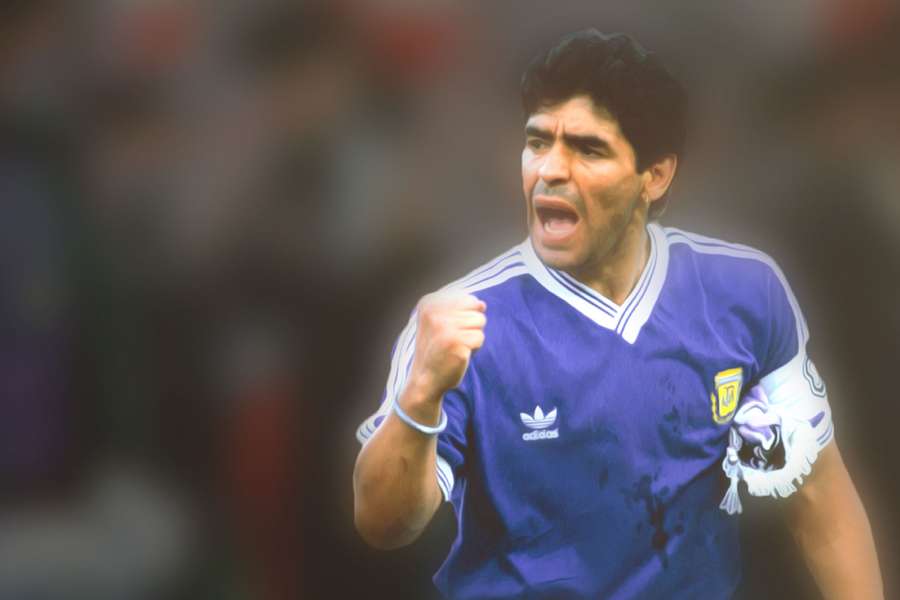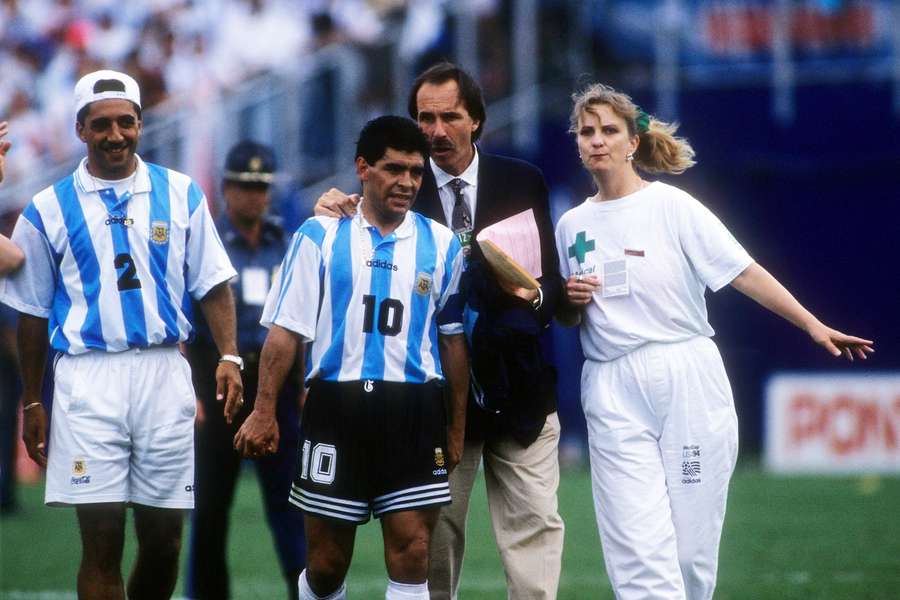Paul Pogba (Testosterone)
The Frenchman is likely to face one of the toughest doping sanctions in recent memory. Pogba has received no less than a four-year ban for using testosterone to enhance his sporting performance.
It all came to light after a test during the Udinese-Juventus game last August in which the Bianconeri won 3-0. On that day, the French midfielder remained on the bench without playing a single minute.
Testosterone improves performance in strength and power-based sports, such as football, thanks to its positive effect on the development of strength, hypertrophy, speed and recovery capacity. It also boosts endurance.
Andre Onana (Furosemide)
Another fairly recent case was that of Cameroon goalkeeper Andre Onana. In 2021, while playing for Ajax, the African was banned for 12 months for the detection of furosemide in his urine during an out-of-competition doping test on October 30th, 2020.
The ban was eventually reduced to nine months and the goalkeeper admitted he was deeply embarrassed by his ruling: "I was in shock. It wasn't an excuse I had just made up, I wasn't trying to cheat, it was a stupid mistake," he said.
Furosemide is completely banned by the World Anti-Doping Agency (WADA) as it is considered a "masking agent" because, given its diuretic nature, it could facilitate the elimination of other doping substances.
Adrian Mutu (Cocaine and sibutramine)
The Romanian is one of the most illustrious repeat offenders. He first tested positive for cocaine in 2004 when he was a member of the Chelsea squad. Jose Mourinho requested a doping control and the results brought to light the consumption of the substance, later acknowledged by the footballer.
Eventually, this slip-up led to a fine of 17 million euros, which he had to pay to the London club for breach of contract.
His second breach of the rules came to light in 2010, while playing for Fiorentina, when he tested positive for sibutramine, a product that helps to inhibit the sensation of hunger and promote weight loss. For this, the Italian National Olympic Committee (CONI) imposed a nine-month suspension.
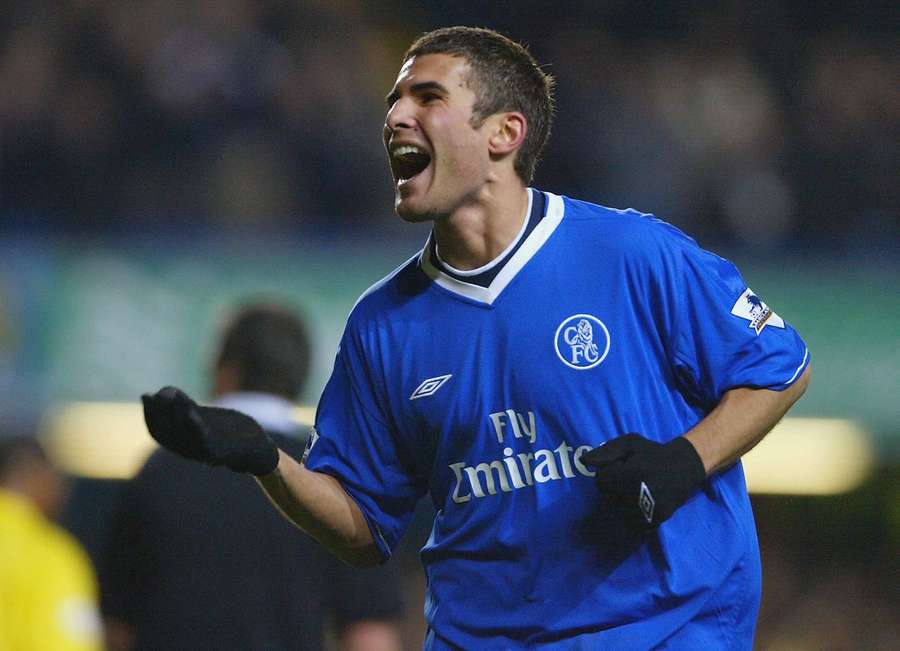
Carlos Gurpegui (19-norandrosterone)
One of Athletic Club's greatest stars in the recent era began an ordeal in 2002 that lasted until 2008, when he returned in a LaLiga match against Real Madrid at the Santiago Bernabeu after two years away from competition.
Gurpegui tested positive in September 2002 in an anti-doping test after playing against Real Sociedad on matchday one. The tests found a higher than permitted amount of 19-norandrosterone, the main metabolite of nandrolone.
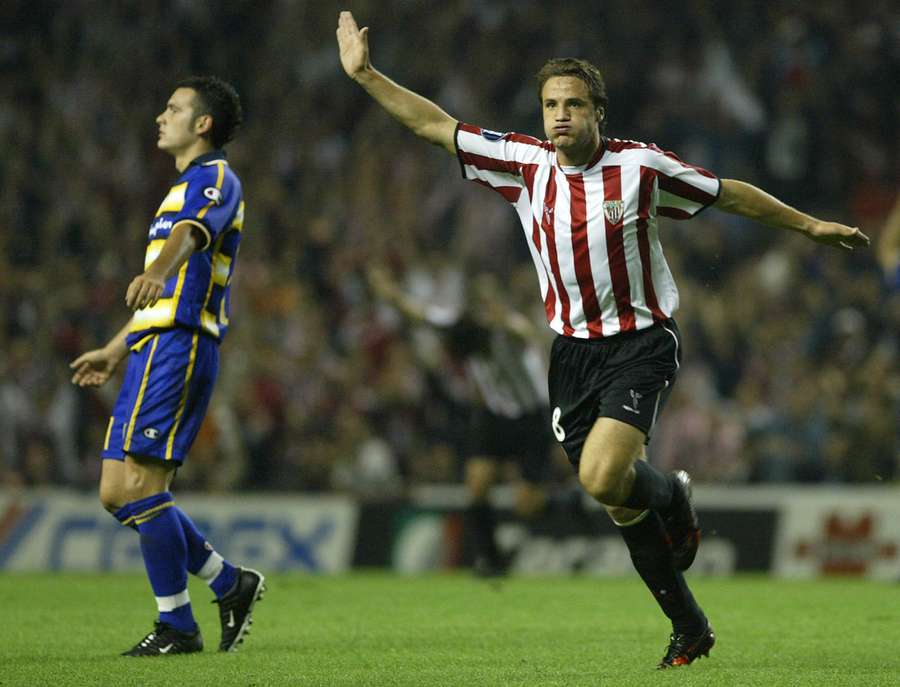
Pep Guardiola (Nandrolone)
The former Barcelona player and coach tested positive for nandrolone during his time at Brescia. On November 20th, 2001, CONI reported that the Catalan midfielder had tested positive in a test carried out after a match against Piacenza. The Italian League Disciplinary Commission suspended him on a precautionary basis.
In the end, Guardiola had to serve a four-month ban and pay a fine of 50,000 euros. Subsequently, in 2005, the Court of Justice of Brescia sentenced him to seven months imprisonment for his positive test. In 2007, the Court of Appeal of Brescia acquitted him.
Nandrolone is an anabolic agent banned in sport since the 1980s because of its ability to help rebuild tissue and facilitate muscle development, which provides an advantage in sports involving strength and speed.
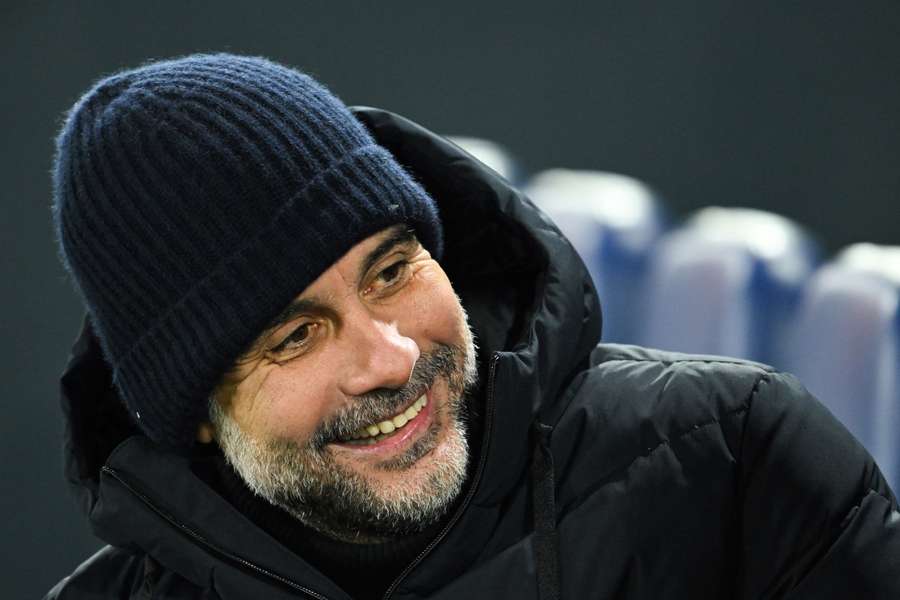
Diego Armando Maradona (Cocaine and ephedrine)
The vast majority of football fans will remember, or have subsequently seen, images of the late Maradona leaving the 1994 World Cup in the United States prematurely. Diego was forced to leave the Argentina team because he tested positive for ephedrine, a substance he must have used to speed up the recovery process from an injury that almost prevented him from playing in that World Cup.
This substance is considered to be a central nervous system stimulant, an effect that gives it its banned status. This episode virtually ended his career.
Three years earlier, in 1991, his cocaine addiction caused him to fail an anti-doping test after a Napoli-Bari match. Each of the sanctions imposed on him for these two cases lasted 15 months.
